This blog post will look at apostrophes and where they’re used and where they are not used! This will be one of my most crucial posts, so make yourself a coffee (or tea), and keep your arms and legs inside the vehicle at all times!
Let’s just start off by saying that as this is a pivotal blog post, I aim to make this a long one by cramming it with as many examples as I can, to enhance your understanding of the topic. If it takes you a couple of times to get through it, so be it. I’d rather you do that than charge through it and only get the gist of it. So… Without further ado, let’s get stuck in!
Contents:
- Apostrophes are almost never used in plurals
- When are apostrophes used?
- Which plurals use an apostrophe?
Apostrophes are almost never used in plurals
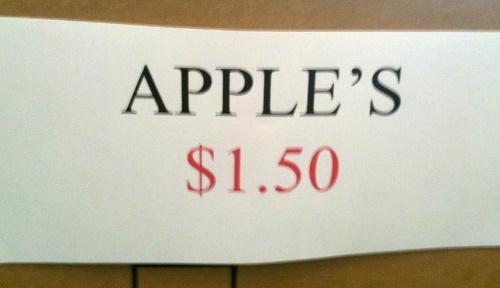
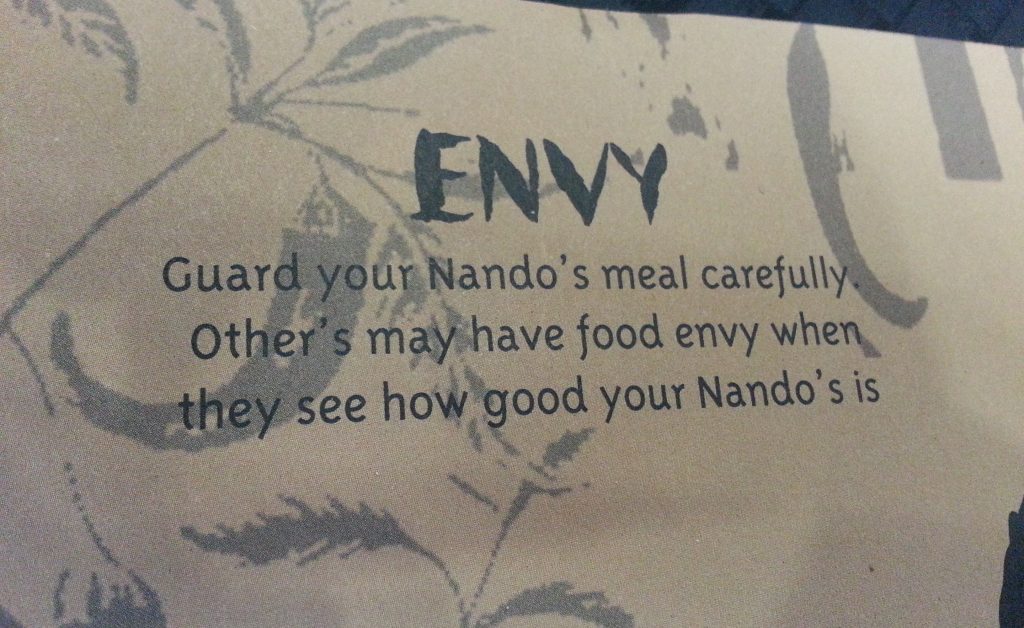
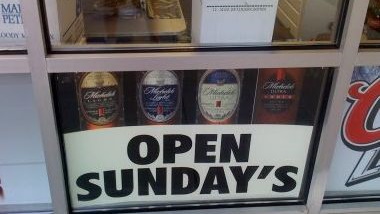
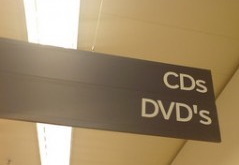
What do the above four images have in common? That’s right: they’re all embarrassingly cringe-worthy. All of them feature plural words with an apostrophe. That last one actually got one right and then fudged the next one! At least be consistent! Let’s first recap plurals. A plural means ‘more than one’ of something. How do you form a plural? You add an s to the end of the word. Usually. Yes, there are exceptions and we’ll take a look at some of those today. But 90% of the time, you add an s. Not an apostrophe and then an s; just an s.
- One boy – Two boys
- One wizard – Four wizards
- One very angry elf trying to pitch his ideas for a book – A dozen very angry elves trying to pitch their ideas for a book.
And I just realised I prematurely gave you your first irregular plural. Oops. Oh well. Yes, one elf, but two elves. It’s not elfs. But writing elfs would at least be more correct than writing elf’s. This is rule number one of apostrophes: just because there is more than one of something, doesn’t mean you chuck an apostrophe in. Otherwise, what’s the point of the s? One dog; two dogs. Seems pretty self-explanatory to me. You don’t say two dog, and you also don’t say two dog’s.
That third image above – CDs and DVDs – features a common faux pas of acronyms. The only time acronyms have an apostrophe is when they’re possessive and not when they’re being used as a plural. We’ll look at possessives very shortly. There is absolutely nothing wrong with acronyms like CDs, DVDs, BBQs, KPIs, RDOs, SUVs, and UFOs. They all have an s which – you guessed it – means there are more than one. Adding a random apostrophe doesn’t make their meaning any more clear. Note that the s should be lower case though, otherwise it would be part of the acronym.
What about FAQ’s? That would be FAQs then wouldn’t it? Actually, no, because the Q in FAQ already stands for ‘Questions’. FAQ = Frequently Asked Questions. You don’t set up an FAQ page containing only one question do you? No. It’s like using bullet points and only having one bullet point.
Similar example: GoT, which of course stands for Game of Thrones for when you can’t be bothered typing the whole thing. So you know GoTs isn’t right, and GoT’s would definitely not be right!
When you see random apostrophes, you’ll often see them being used on some words and not others, kinda like the DVD example above.
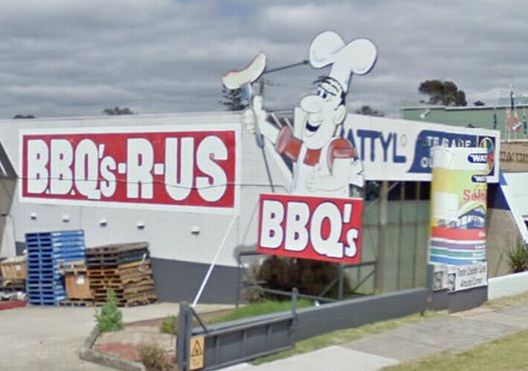
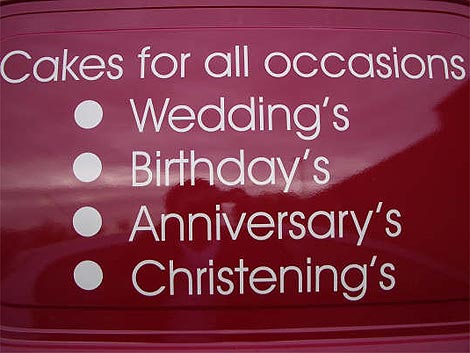
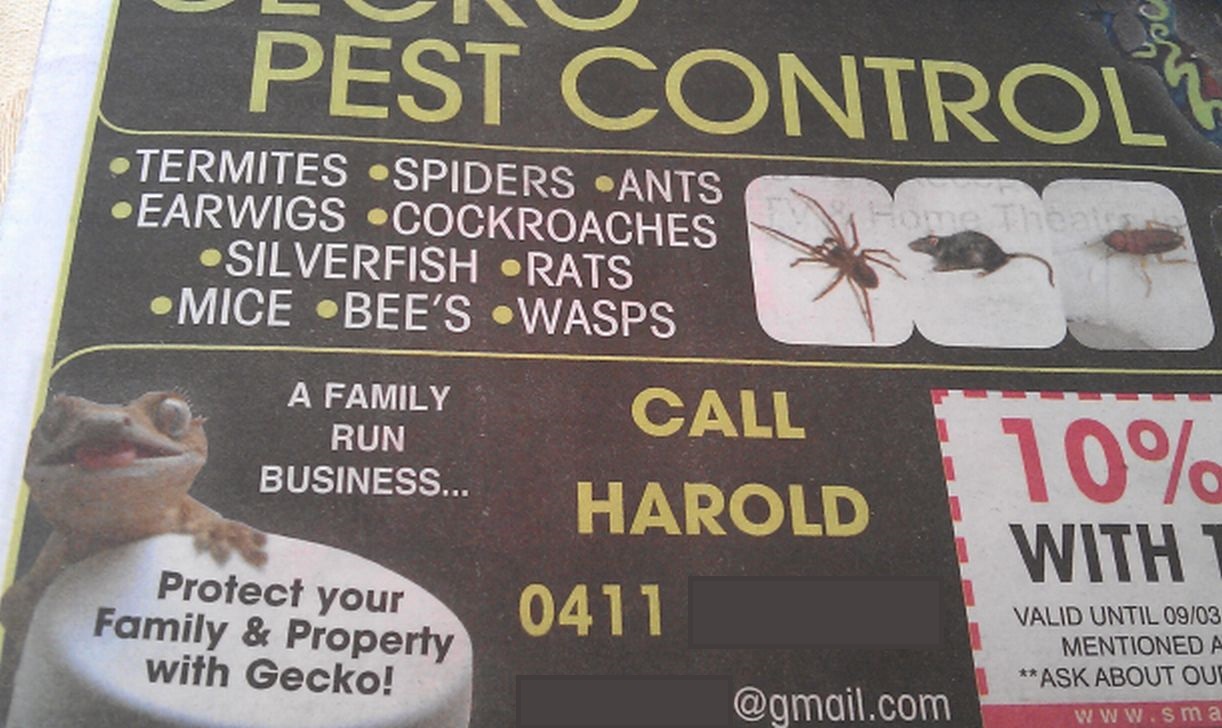
Now, what about if the acronym ends in an s? Most singular words that end in an s take an es at the end when making a plural, and we use this same method when dealing with acronyms. If you were Peter from Office Space, you might be annoyed that you have a lot of TPSes to attach a cover sheet to. Not TPS’s, not TPS’, but TPSes. Similarly, if you’re selling multiple GPS units, you could say you have a lot of GPSes for sale. And lastly, if a company keeps sending you spam via SMS, you could say you’re sick of their SMSes.
More on this rule later on…
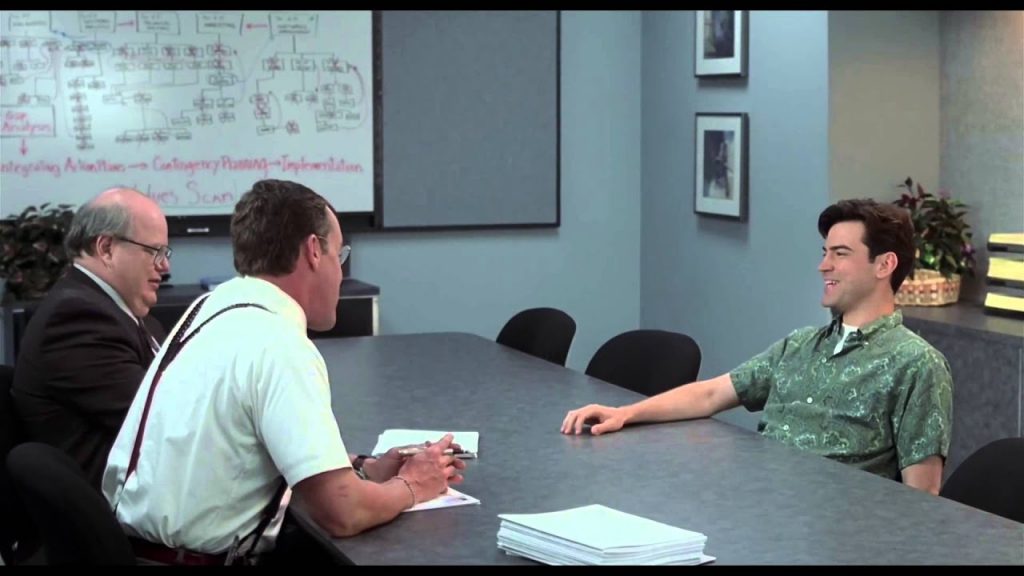
When are apostrophes used?
Now that we know where apostrophes aren’t meant to be used, let’s focus on where they are meant to be:
Contractions
Not to be confused with the contractions which happen when a mother is giving birth, contractions are where two words are joined to make one word, e.g:
- It’s = It is
- Don’t = Do not
- Isn’t = Is not
- Can’t = Cannot
- Won’t = Will not
- He’s = He is
- That’s = That is
- There’s = There is
- I’ll = I will
- He’ll = He will
- You’ll = You will
- They’ve = They have
- Could’ve = Could have
- Shouldn’t = Should not
- Who’s = Who is
- Let’s = Let us
You’ll recognise a few of those from earlier posts. Oh and don’t forget you’re (you are) which was mentioned in my first post. There are obviously plenty more than this but you get the picture: the apostrophe takes the place of the missing letters. Except for won’t. That one’s an exception. In a nutshell, the word ‘will’ used to be ‘woll’. Yeah… Imagine that. But also, try saying ‘willn’t’. Doesn’t quite sound right does it? No… Anyway, I guess the point is, don’t write ‘dont’ instead of ‘don’t’; don’t write ‘wont’ instead of ‘won’t’, and don’t write ‘cant’ instead of ‘can’t’. The apostrophe is there because you’re being too lazy to write the whole two words. And everyone does it; it’s okay. But don’t go the next step and just avoid the apostrophe altogether. If you do, you might end up creating new words which can be confusing…
- Hell come to my house after church
- I wanted to take her to the hardware store but shed made plans with her friends
- My friend has got food poisoning so Ill take him to the hospital
- Oh well all go to the party
- Shell meet us at the dog beach
- I told my parents that were going away for the week
Or, you might end up confusing it’s with its!
On a sidenote, don’t confuse lets and let’s.

Another somewhat contraction is when you remove the letter G from the end of a word and replace it with an apostrophe. This usage is mainly colloquial though. Think of Jim Carrey’s famous catchphrase in The Mask.
- Smokin’
- Hangin’
- Arguin’
- Rockin’
- Bangin’
- Dreamin’
- Shootin’
- Somethin’
- Sittin’
- Waitin’
- Wishin’
If you omit the apostrophe here in things like instant messaging or a Facebook post to your friend, you’d probably be forgiven. But in an academic setting, it would be incorrect. Remember that next time you’re writing a story and you mention that you were hangin’ out with your friends.
Here’s an interesting example. First apostrophe for Smokin’. Yep. No issues there. But that second one for Joe’s. Why is it backwards? It seems they’ve gone with a single opening quotation mark. Quotation marks are used for… well…. quotations. Just a regular apostrophe is needed here. There’s no special rules that apply. That second apostrophe is used to indicate possession which we’re heading towards so stay tuned.

Omission
Very similar to contractions, above, when you use a word and want to omit the word ‘is’ or ‘has’ directly after it, you put an apostrophe in its place. Remember it’s and its? It’s the same concept here:
- Your singing’s atrocious – Your singing is atrocious
- No one’s home – No one is home
- Everyone’s in a good mood – Everyone is in a good mood
- How’s your new puppy? – How is your new puppy?
- Hugh Grant’s been playing the same role for years, hasn’t he? – Hugh Grant has been playing the same role for years.
You get the gist. Once again, don’t be lazy by leaving out the apostrophe. If you do, you’ll end up forming a plural and your sentence won’t make sense.

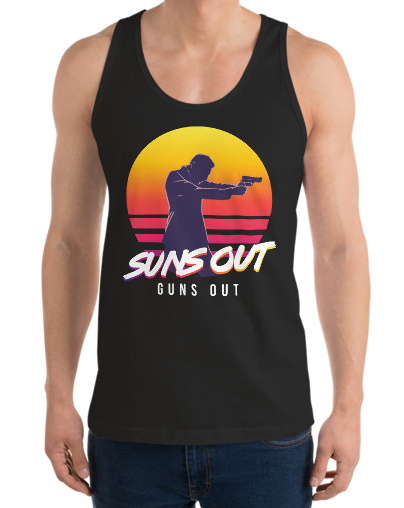
Possession
This is a big one! Apostrophes to denote something is possessive, aka ownership. Not to be confused with Simon’s possessive girlfriend in that Inbetweeners movie, possessive means something belongs to it. I literally just used a possessive above when I said Simon’s possessive girlfriend. So in this case, the possessive girlfriend (unfortunately) belongs to Simon, therefore, she is Simon’s. In my earlier post which had the difference between it’s and its, I gave an example of ‘The dog’s paw’. Dog’s has an apostrophe to denote possession. The paw belongs to the dog, therefore, the paw is the dog’s.
- The really friendly bloke who remembers everyone’s names
- Today’s specials
- 20 years’ experience
- Here, the names belong to everyone, therefore it’s everyone’s.
- The specials of the day. It’s possessive, alright!
- Very frequently the apostrophe is left out here. We’re saying 20 years of experience. Possessive = check.
- I accidentally stole Mr Collins’s pen
- Mr Collins found his pen so you must have stolen someone else’s
- Frequently, this is written as Collin’s, which would be correct if the surname was Collin.
- Phew!
Rules:
For singular nouns not ending in the letter s, we add an apostrophe s:
- The boy’s lunchbox
- The soccer mum’s Kluger
- The student’s phone
- A week’s worth of annual leave
- The nurse’s advice.
For singular nouns that do end in the letter s, guess what? We do the same thing. Add an apostrophe s:
- Norah Jones’s first album
- My boss’s instructions to me were very clear
- Even though the cactus’s spikes were razor sharp, I couldn’t resist the urge to touch… Ouch! And now I’m bleeding.
Now, for plural nouns, we only put an apostrophe after the s but no s after it:
- The boys’ lunchboxes
- The soccer mums’ Klugers
- The students’ phones
- Two weeks’ worth of annual leave
- The nurses’ advice.
Note that the apostrophe after the s refers to the noun in question being plural, not the object which is being held in possession. So whether the soccer mums each drive a Kluger, or whether they share one, it’s still ‘mums”:
- The soccer mums’ Kluger
- The soccer mums’ Klugers
Same with the boys’ lunchboxes. Maybe instead of having one each, they share one (which, unless you enjoy yelling, fighting, screaming and tantrum throwing, I probably wouldn’t recommend):
- The boys’ lunchbox
- The boys’ lunchboxes
With that last one, when we say ‘The nurse’s advice’, we are referring to the advice given by one nurse. However, if we say ‘The nurses’ advice’, we’re referring to the advice given by more than one nurse. Yes, it’s that simple!
Exceptions:
Irregular plurals do not end in the letter s. When you encounter one of these, add an apostrophe s again:
- Children’s clothing
- The men’s room
- The gentlemen’s club
- Women’s rights
- The People’s Choice Awards
- The cacti’s razor sharp spikes that my idiot friend touched.
These may be few and far between, but for singular nouns that are in the form of a plural, or have a final word in the form of a plural, we do exactly the same thing as above with plural nouns:
- The Killers’ debut album was their best work
- Endeavour Hills’ brand new library
- Reading with a Chance of Tacos’ latest podcast
- The Unites States’ shoddy healthcare system.
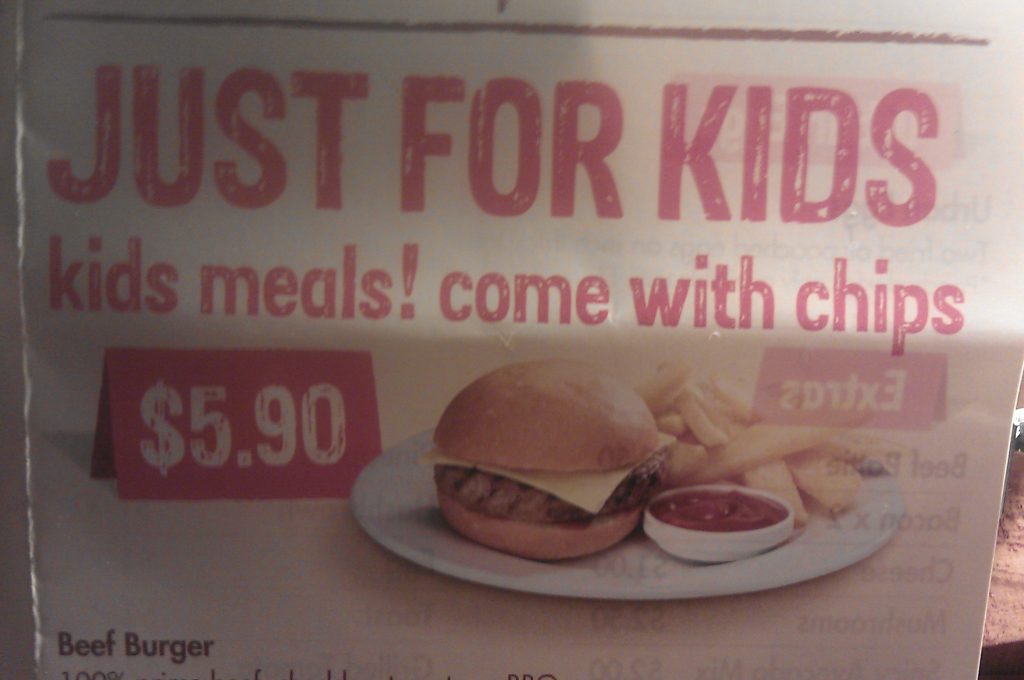
You’ll notice that restaurant menus will often say ‘Kids Meals’ or Kid’s Meals’. Very rarely will it be written correctly as ‘Kids’ meals’.
Recap:
- Kid’s Meals: Meals for only one kid
- Kids’ Meals: Meals for all kids.
If you get your s’s confused, just write the word in its singular or plural form, and then whack on your apostrophe.
- If it’s singular – add ‘s
- If it’s plural and ends in s – add ‘
- If it’s plural and doesn’t end in s – add ‘s
We’re not quite sure where Target were going with this one… Kids’ what?? And what’s with the random lower case and upper case letters? Bit of a fail all round I’d say…

There are a few seasonal days that are often devoid of an apostrophe:
- Valentine’s Day
- Mother’s/Father’s Day
- New Year’s Eve/New Year’s Day
Valentine’s Day – It’s a day for your valentine, therefore apostrophe s. Now, Mother’s/Father’s Day can be a tricky one in this day and age. Traditionally, it’s a day for your mother/father, therefore apostrophe s; however, what if you have two mothers or two fathers? I guess it would then be Mothers’ Day/Fathers’ Day.
Sometimes we follow the above rules but we leave out the word that the possession refers to, for example:
I’m going to Dave’s for dinner.
Here, we are referring to Dave’s house/flat/place of residence, but we have simply omitted the word ‘house’ or ‘flat’, etc. Restaurants and eateries do this often, e.g. McDonald’s, Hungry Jack’s, Nando’s, Wendy’s. The omitted word here would be ‘restaurant’, I suppose.
Another common omission is clothes stores having their three designated clothes sections: Men’s, Women’s, Kids’.
In this fashion (pun intended):
- Men’s = clothes for men
- Women’s = clothes for women
- Kids’ = clothes for kids.
Sometimes you’ll see they get them right for Men’s and Women’s, but then for for the kids’ clothes, it just says Kids. This would imply that these clothes stores are selling kids as opposed to kids’ clothes, which we’re hoping is not true…
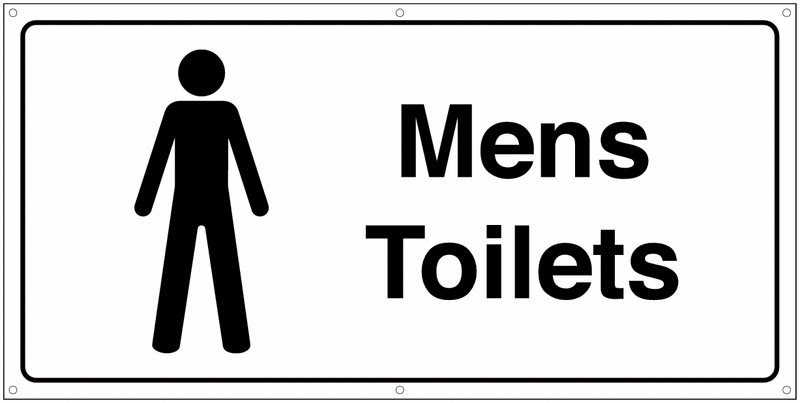
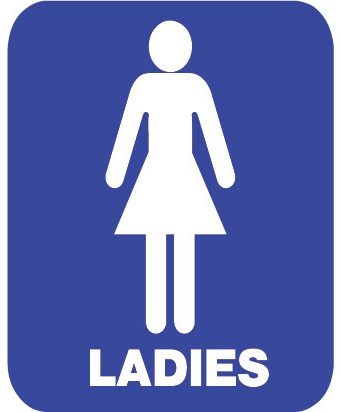
Another common occurrence is public toilets. It should say Men’s, i.e. toilets for Men. So what should the next one be? That’s right; it should be Ladies’: Toilets for Ladies.

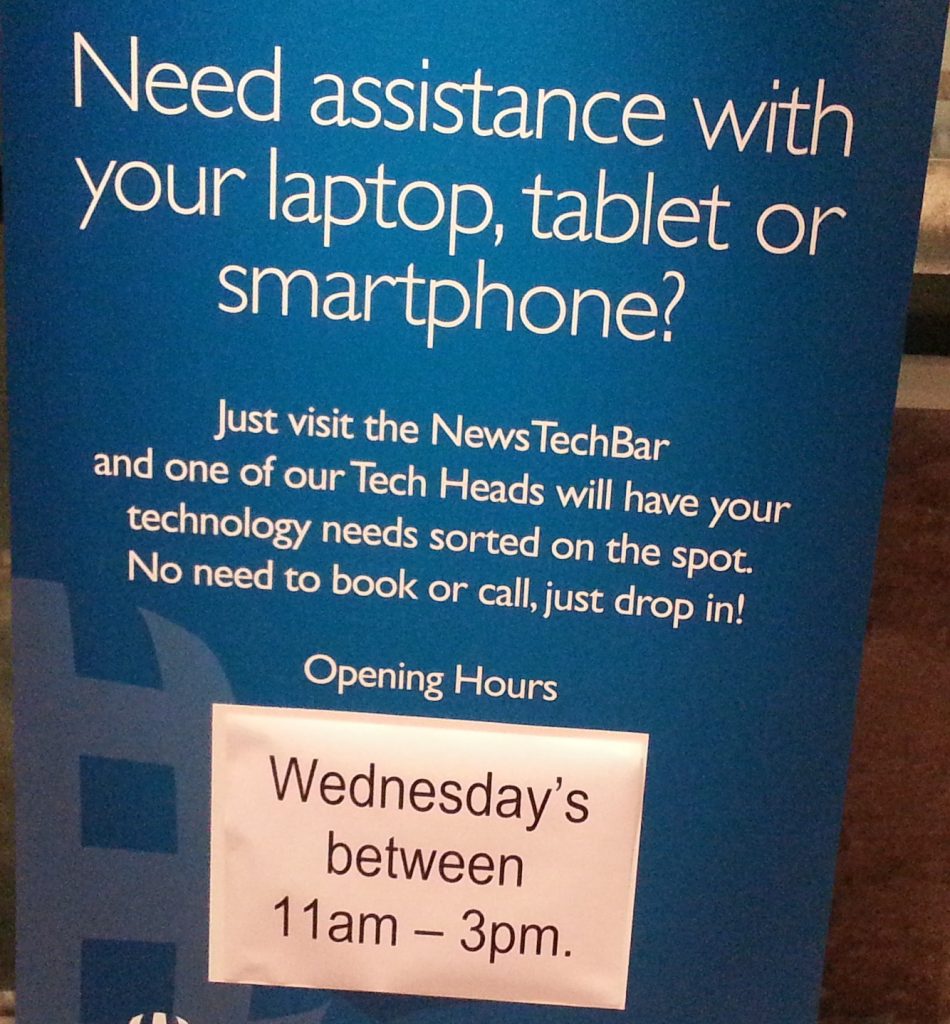

In the above section on plurals, I mentioned acronyms often incorrectly having apostrophes. Only use apostrophes when the acronym is being used possessively:
- ASIO’s Super Secret Surprise Mystery Christmas Function
- The FBI’s most wanted list
- The DVD’s special features
- He’s one of NASA’s highly trained specimens
- Tom was fascinated by the UFO’s flashing lights and tractor beams.
The same goes for dates. I was born in the 80’s. No; I was born in the 80s. The 80s refers to the decade of the 1980s, i.e. the years 1980-midnight of the year 1989. But what about if you’re referring to something belonging to that era, e.g. an 80’s disco, or theme party. Surely that’s 80’s, right? Wrong. In this case, the 80s doesn’t hold possession over the disco or theme night; it’s merely describing it. So it’s a theme party which is 80s themed. It’s the same as having a superheroes theme party, or maybe a jungle theme party. The party belongs to the jungle or superheroes? No; jungle or superheroes is just telling you what kind of event you’re in for. This one’s pretty trivial so if you got this one wrong, I wouldn’t blame you. At least you know the explanation now though. Man, how good are 80s parties?
For the above, the 80s refers to the whole decade. But what about if we were referring to something only belonging to one year? Yes, this would have an apostrophe:
- 1980’s biggest hit single
- The catchphrase “Not happy, Jan!” came from 2000’s best TV commercial.
Similarly, if you’re omitting the word ‘is’ or ‘has’ right after a year, use the apostrophe:
2020’s been the worst year of my life so far!
And let’s face it; it hasn’t been that great!
Warning: Profanity ahead. Skip this section if you don’t like swear words.
So you may have seen this image doing the rounds on social media, or maybe a repost/some variation of it.
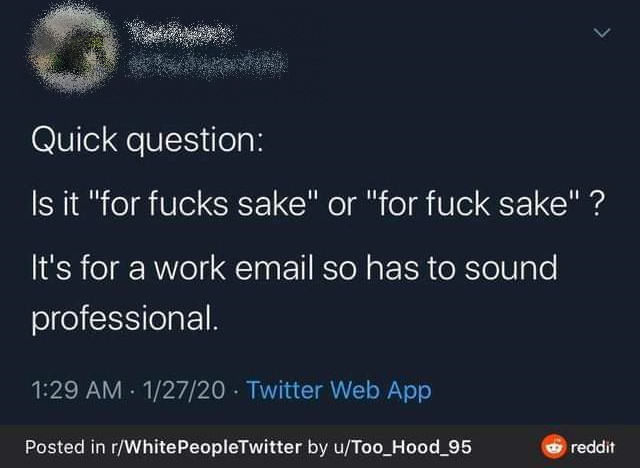
Yes, yes, very funny. We know you’re not actually going to send it in a work email… But the answer to the question is: none of the above. It clearly should be ‘for fuck’s sake’ as it’s ‘for the sake of fuck’… So if you want to sound professional, use your apostrophes correctly! Or, start off your email with something like ‘As per my last email…’. That always works if you’re trying to rile up an office worker!
The last thing I’ll mention on the topic of possessive apostrophes is signing off on Christmas cards, because there’s a common myth that surnames become possessive when being used this way. Well I’m here to bust that myth. But first, who can tell me what the plural of Christmas is? Now that you’ve read the above, you know it’s not Christmas’s. It can’t be Christmas’. It’s probably not Christmasses. That’s right: it’s Christmases. We touched on this rule above with the acronyms ending in s. Recap: Most singular words that end in an s take an es at the end when making a plural. Now that you know this, let’s sign off some Christmas cards from some families. The first column will be the surname and the second column will be how you would sign off the card.
- Smith
- Wilson
- Trump
- Kennedy
- Murphy
- Kardashian
- Williams
- Jones
- The Smiths
- The Wilsons
- The Trumps
- The Kennedys
- The Murphys
- The Kardashians
- The Williamses
- The Joneses
I reckon that’ll do. What do they have in common? No apostrophes. Why? Because your surname is being used as a plural. The Wilson’s? No; we’re not talking about something belonging to The Wilson. Now, with those last two, it kind of makes your surname look weird doesn’t it? There’s no arguing that. So, instead of using that, feel free to sign it off – The Williams family, The Jones family, etc. But, the one thing you must not do is sign it off from The Jones’s/The Jones’, or The Williams’s/Williams’.
Now, just to have a bit of fun, what if you were talking about the Christmas card and who it was from? That’s right: use the plural version of the surname and add the apostrophe after the s:
- The Trumps’ Christmas card
- The Kardashians’ Christmas card
- The Williamses’ Christmas card
- The Joneses’ Christmas card

A note on singular possessives ending in s
Above, we mentioned that singular nouns ending in s take an apostrophe s, e.g. Jess’s new car, and only plural nouns take an apostrophe without the following s. However, some publications and style guides do not take this approach and do not use the extra s after the apostrophe for singular possessives. Let’s look at some examples:
- Jess’ new car
- Jesus’ disciples
- Chris’ lunchbox
- The cactus’ spikes
- Texas’ population
- Robin Williams’ illustrious acting career.
Looking at these examples, it’s plain to see we’re looking at singular words and not plurals, and it’s also obvious that there’s possession happening as there’s an apostrophe. So, if ever you come across this style, you’ll know why. It’s certainly not incorrect. When using singular possessives ending in s in your own writing, use whichever you feel is more comfortable, but just ensure you’re being consistent.
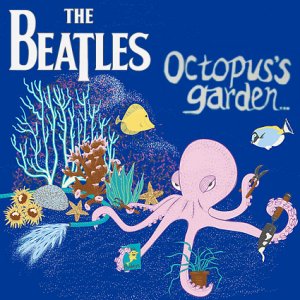
Which plurals use an apostrophe?
I’m gonna be honest with you, this is pretty much going to be the world’s shortest list. There really aren’t too many plurals which use an apostrophe. You only – and only – use one when the plural reads confusingly. Confusingly. I actually used one earlier. Let’s scroll up…. Ah yes. ‘If you get your s’s confused’, is what I said. Without the apostrophe, it would read ss, or if I wrote it in capitals, SS, it would mean something else entirely… So… s’s = more than one letter s. Let’s have a look at some more:
- My favourite song by The La’s is There She Goes
- There are two a’s in naan bread, 2 u’s in vacuum, and 2 l’s in holly
- Do’s and don’ts
- Again, without the apostrophe, it would say The Las.
- Without the apostrophes, it would say two as, two us, and 2 ls. Confusing = yes!
- Well, don’ts has one anyway so that doesn’t look odd, but if you wrote dos, this means ‘two’ in Spanish. Dos cervezas, por favor!
Even Google knows what’s up. The funny thing about this is that each block uses the types of apostrophe I’ve been talking about – Omission, plural, and ownership/possessive. We’re only missing a contraction.

Wow! What a journey. I’m fairly confident I covered all bases there. Isn’t it funny how even though plurals generally don’t have apostrophes, you really need to get a grasp of them before you can even begin to fully understand apostrophes! And look, apostrophes are clearly confusing: even major media sites can sometimes get it wrong:
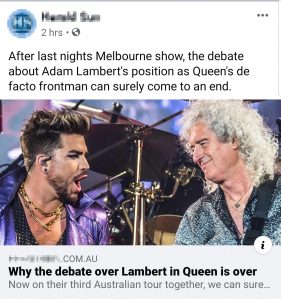
To finish up, here’s a link to a podcast from a friend of mine, Ken Williams, over at Reading with a Chance of Tacos. Ken is a fellow blogger and a reviewer of kids’ books and recently I had the pleasure of being a special guest on one of his podcasts! Listen to it for yourself below.
If you enjoyed reading about apostrophes, check out my post on commas – Essential comma usage.

